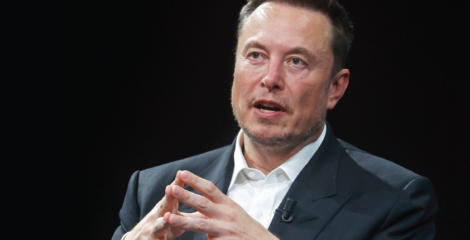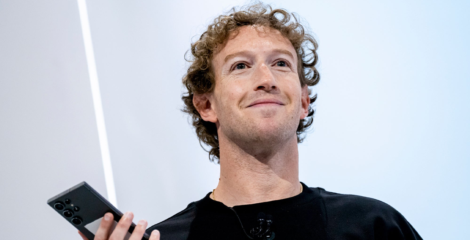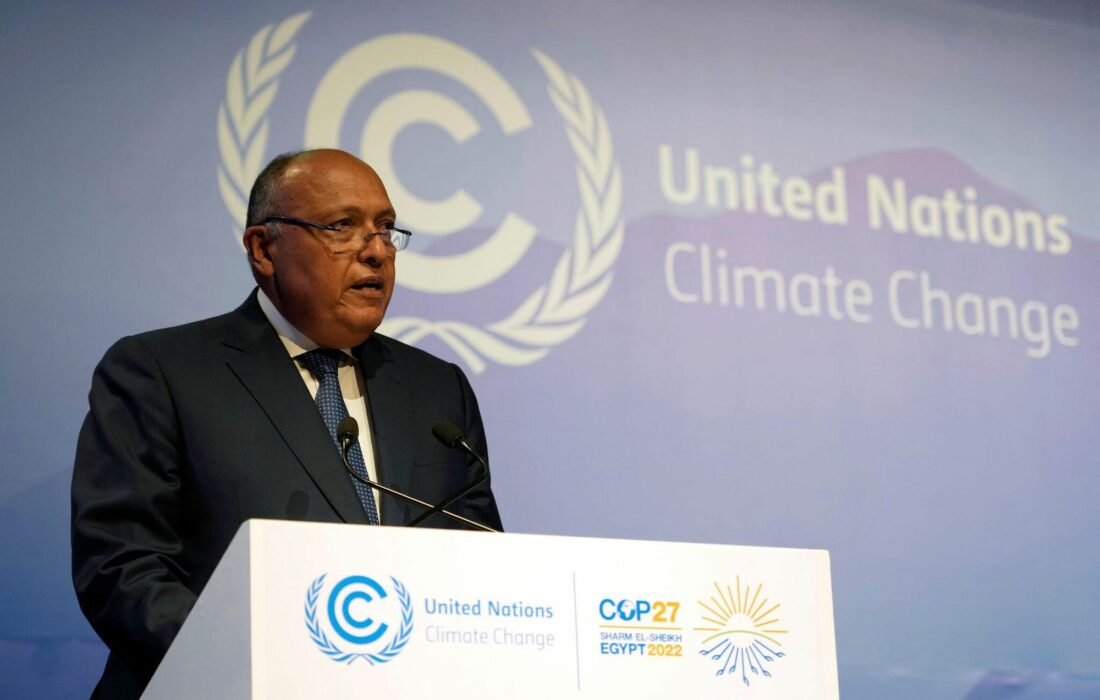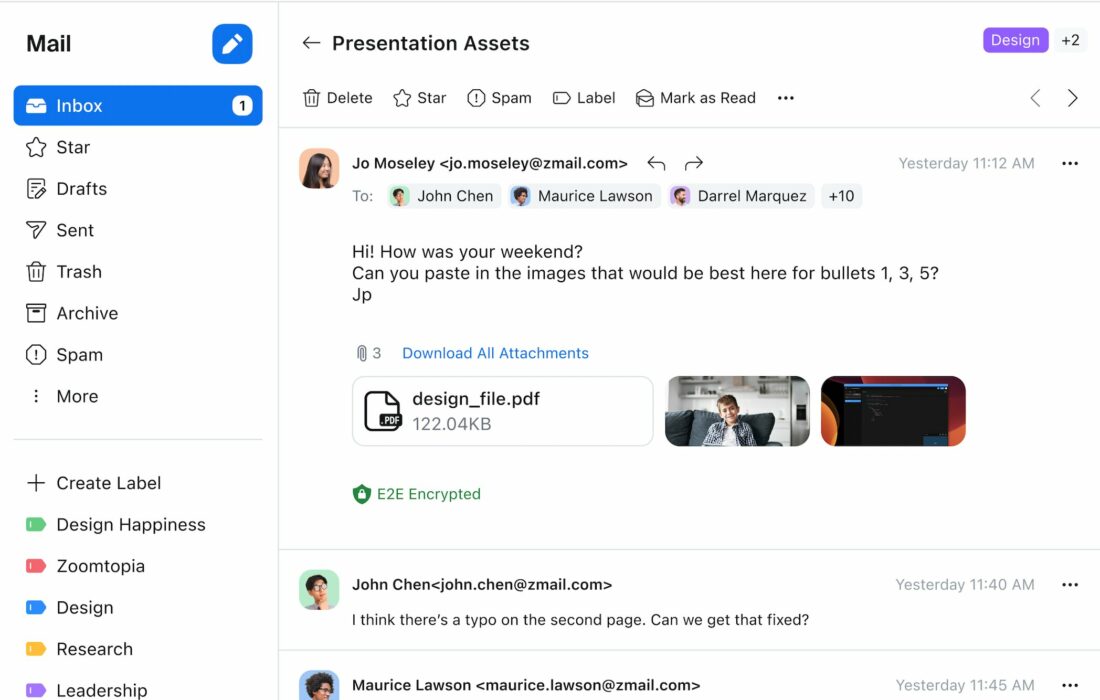Ever since Elon Musk finalized his Twitter acquisition and took on the role of CEO – or Chief Twit, as he calls it – he has made a number of controversial decisions, including laying off more than 3,700 employees without prior notice, later asking them to come back, and driving other heads of department to quit.
His reign has also been marked by a departure from his earlier promises. A self-described “free speech absolutist”, Elon’s new vision of content moderation is suffocating well-meaning users and comedians instead of doing what it’s supposed to be doing – fight hate speech.
As a result, thousands of users, and a number of celebrities, tried to fight back by making parody accounts of him, only to get brutally suspended for ‘impersonation’. Joining their ranks are Kathy Griffin, a prominent comedian who was flagged down by Elon for “impersonating a comedian”, and Doja Cat, an American rapper who obviously made a bad joke.
Kathy Griffin even revived her dead mother’s account to plead him to #FreeKathy, only to risk violating yet another rule, the Ban Evasion Policy.
With so many people fighting back and failing, the last couple of weeks have seen a mass exodus as Twitter users fled to the biggest two social alternatives, Mastodon and Tumblr.
Since the deal’s closure on October 27th, Mastodon broke 1M users before November 7th, and 1.6M users as of yesterday. Tumblr also saw a 96% surge to 92,000 from 47,000 in the US and 77% worldwide to 301,000 from 170,000.
Mastodon
Running on separate instances that flow into one federated timeline, Mastodon is the exact opposite of Twitter.
It is not governed by a central entity, so no one server owner can impose their will or shut down the network. It is also supported through crowdfunding and a small grant from the European Commission.
Each server has its own culture and rules, and server owners can choose to draft their own policies and cut ties with other servers that it perceives as harassing.
Because of its laid back nature, Mastodon has been the primary host of the Twitter exodus, receiving thousands of users who were either escaping “the hellsite” or fearing an imminent crash that they suspect would result from so many vital employees leaving, or being laid off.
Because Mastodon is more dependent on hashtags, these users are recording their unfolding experience on #MastodonMigration and #TwitterMigration.
The decentralized social network, which only saw 60-80 new user registrations per hour prior to October 27, is now getting thousands of registrations per hour.
In the span of two weeks following the acquisition, the app saw approximately 322,000 new downloads from U.S. app stores, which is 100x more than the 3,000 it had seen prior to the 12-day period.
Globally, the app grew 657% to 1 million installs during the same period, according to data from Sensor Tower.
Hilda Bastian, a blogger and birdsite refugee, mapped the exodus on an infograph that records the spikes in line with each controversial Twitter decision.
Eugen Rochko, Mastodon’s only full-time employee, has been working 12-to-14-hour days in his house in Germany to keep up with the demand, reportedly even buying ‘more powerful hardware’ to upgrade Mastodon’s database server.
Even Kathy Griffin made it to Mastodon, joined by a number of celebrities who just had it with Twitter, including Stephen Fry, and James Gunn.
Next to Rochko, Mastodon’s many servers are moderated by volunteers, who are working on their own time and asking for donations to sustain themselves.
Tumblr
After Mastodon, Tumblr is another social platform that has witnessed a revival after Twitter’s fiasco, growing by 96% to 92,000 from 47,000 in the US and 77% worldwide to 301,000 from 170,000.
Tumblr has even taken advantage of the situation by offering to sell two of widely-coveted blue check marks for only $7.99.
Twitter hasn’t exactly taken a hit either. According to Elon Musk himself, it’s doing better than ever.
The real hit, however, seems to be in Twitter’s reputation.
For every user that left to avoid the drama, more signed up for the drama. Twitter’s mobile app has seen 7.6 million worldwide installs and $502,000 in consumer spending from across the App Store and Google Play in the 12 days following the acquisition.
Global adoption was also up 21% from 6.3 million and spending was up 66% from $303,000, according to data from Sensor Tower.
In the United States, Twitter’s mobile app climbed 31% to 1.2 million from 916,000, beating the global equivalent, but lagging behind on consumer spending growth, which only climbed 65% to $442,000 from $268,000.
If you see something out of place or would like to contribute to this story, check out our Ethics and Policy section.














